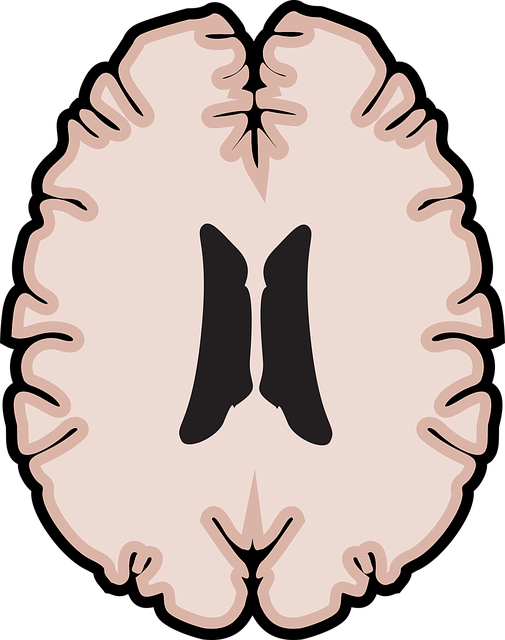Mental health advocacy, led by organizations like Westminster Self-Esteem Therapy, is crucial for fostering well-being in society. Through awareness raising and stigma reduction, these initiatives ensure accessible resources for those with mental health challenges. By amplifying diverse experiences and promoting compassion cultivation, they drive systemic change. Westminster Self-Esteem Therapy specializes in self-esteem building and emotional regulation, offering personalized solutions and enhancing professional risk management. A multi-faceted approach integrating therapy into community, school, and youth settings is key to early resilience and self-acceptance. Collaborative efforts with professionals and organizations create supportive environments, destigmatize mental illness, and encourage open conversations about well-being.
Mental health advocacy initiatives play a pivotal role in fostering inclusive communities. This article explores the critical aspects of mental health activism, focusing on how organizations like Westminster Self-Esteem Therapy are transforming lives. We delve into their impact and unique programs, offering insights into effective strategies for advocacy success. From understanding key stakeholders to building supportive networks, these initiatives are revolutionizing mental healthcare access. Discover how collaboration and community engagement serve as powerful tools in the fight for better mental well-being.
- Understanding Mental Health Advocacy: Why It Matters and Who Is Involved
- Westminster Self-Esteem Therapy: A Closer Look at Their Impact and Programs
- Strategies for Effective Mental Health Advocacy Initiatives
- Building a Supportive Community: Collaboration and Resources for Advocacy Success
Understanding Mental Health Advocacy: Why It Matters and Who Is Involved

Mental health advocacy initiatives are crucial for fostering a society that prioritizes well-being. It involves raising awareness, challenging stigmas, and ensuring accessible resources for those facing mental health challenges. At its core, advocacy means amplifying the voices of individuals who may not have the platform or support to share their experiences openly. This includes everyone from people with lived experience of mental illness to healthcare professionals like therapists in Westminster Self-Esteem Therapy who understand the nuances of various conditions.
The impact of these efforts extends far beyond individual lives, leading to systemic changes. By engaging in compassion cultivation practices and promoting emotional intelligence, communities can develop a deeper understanding of mental health issues like anxiety relief. This collective action ensures that everyone involved—from policymakers to service providers—is equipped to create a supportive environment where people feel safe seeking help when needed.
Westminster Self-Esteem Therapy: A Closer Look at Their Impact and Programs

Westminster Self-Esteem Therapy stands out as a beacon of hope and transformation in the realm of mental health advocacy. Their innovative programs focus on empowering individuals to cultivate self-esteem, an essential aspect often overlooked in traditional therapy models. By prioritizing emotional regulation, Westminster offers tailored approaches that address the unique challenges faced by its clients.
The initiative’s impact extends beyond individual growth; it contributes significantly to risk management planning for mental health professionals and promotes comprehensive risk assessment. Through its structured frameworks, Westminster Self-Esteem Therapy equips both clients and practitioners with tools to navigate complex emotional landscapes. This holistic approach not only enhances therapeutic outcomes but also ensures a safer, more supportive environment for all involved.
Strategies for Effective Mental Health Advocacy Initiatives

Effective mental health advocacy initiatives require a multi-faceted approach to create meaningful change. One key strategy is Westminster Self-Esteem Therapy, focusing on building inner strength and resilience from an early age. By integrating therapy into community settings, schools, and youth organizations, we can empower individuals to develop coping mechanisms and foster self-acceptance, thereby reducing the impact of mental illness.
Additionally, communication strategies play a pivotal role in Mental Illness Stigma Reduction Efforts. Educating the public about mental health through accessible language and relatable narratives can dispel myths and create a more supportive environment. Encouraging open conversations, training peers to recognize signs, and providing resources for support services all contribute to breaking down barriers and fostering understanding. These collaborative efforts are essential in creating a society that prioritizes mental well-being.
Building a Supportive Community: Collaboration and Resources for Advocacy Success

Building a supportive community is a cornerstone of successful mental health advocacy. Collaboration between various stakeholders—including healthcare professionals, community organizations, and local businesses—can amplify efforts to destigmatize mental illness and provide accessible resources. Initiatives like Westminster Self-Esteem Therapy exemplify this approach by fostering partnerships that offer integrated services such as Conflict Resolution Techniques and Self-Awareness Exercises tailored to diverse needs.
This collaborative ecosystem not only enhances the reach of mental health support but also equips individuals with valuable tools for Stress Management Workshops. By pooling resources and expertise, organizations can create a network that encourages open conversations about mental well-being and empowers community members to navigate challenges more effectively. Such holistic advocacy efforts are crucial in building resilience and fostering an environment where everyone feels supported and valued.
Mental health advocacy initiatives, such as those exemplified by Westminster Self-Esteem Therapy, play a pivotal role in fostering understanding and support for individuals facing mental health challenges. By combining impactful programs with collaborative community efforts, these initiatives not only enhance access to resources but also promote inclusive environments. Embracing strategies for effective advocacy ensures that everyone has the opportunity to thrive and leads to a more compassionate society where mental well-being is prioritized.














